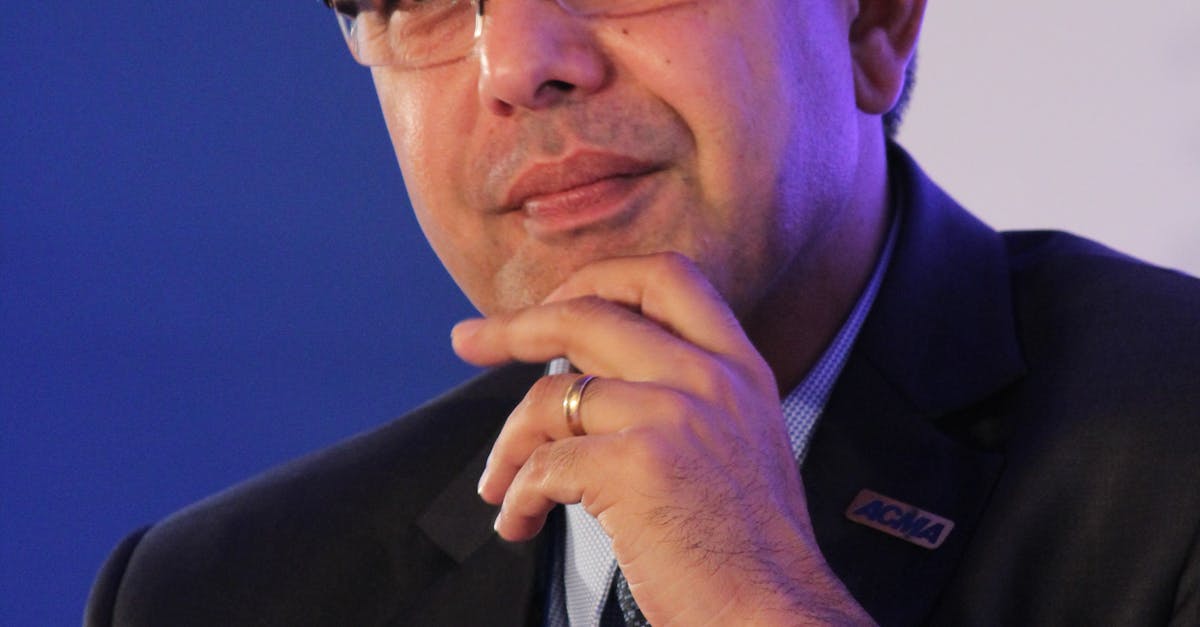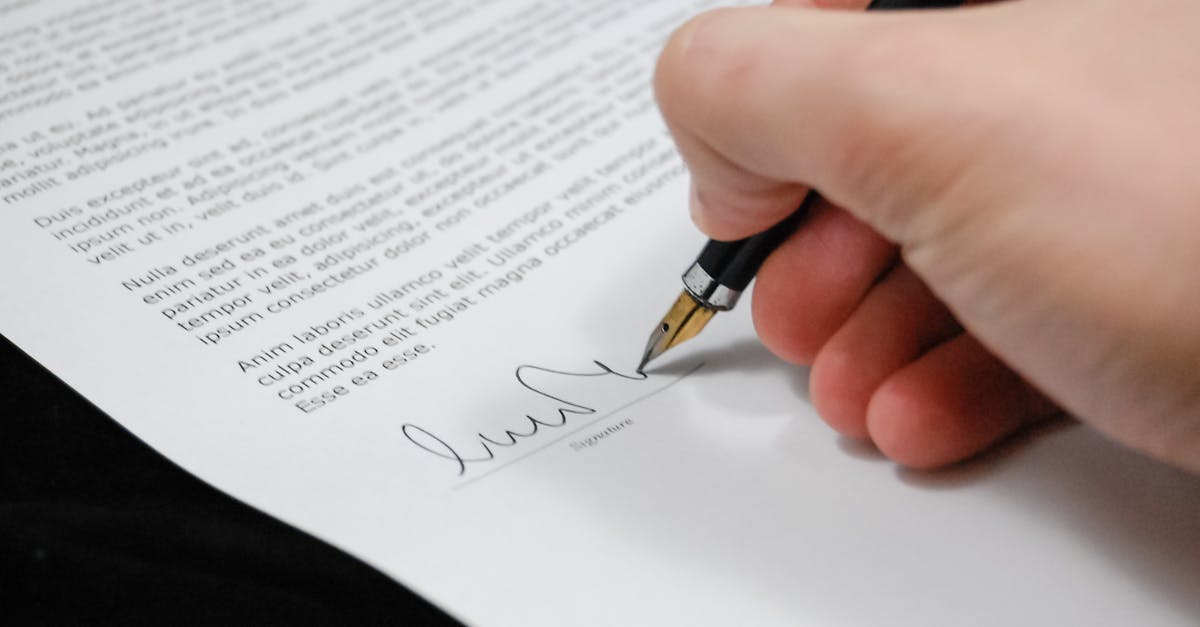
Seeking Legal Assistance After Denial
Facing a denial for Chapter 7 bankruptcy is undoubtedly a stressful situation. If you find yourself in this predicament, seeking legal assistance becomes crucial to navigate the complexities of the legal system. In Bankruptcy Law in New York, New York, it is advisable to consult with experienced attorneys who specialize in bankruptcy cases to explore potential options and develop a strategy to address the denial.
Legal counsel can guide you in understanding the reasons for the denial and help you determine the most appropriate course of action. They can assist in gathering necessary documentation, preparing appeals, and representing you in court proceedings. With their expertise, you can increase your chances of a favorable outcome and work towards resolving your financial difficulties effectively.
Importance of Legal Counsel in Appeals
Bankruptcy Law in New York, New York dictates that seeking legal assistance after a Chapter 7 denial is crucial to navigate the complex appeals process successfully. Professional legal counsel can provide invaluable support in understanding the reasons for the denial and strategizing the best course of action. Their expertise in bankruptcy law can help identify potential errors in the initial filing or address any issues raised by the bankruptcy court.
Furthermore, in appeals cases related to Chapter 7 denials, legal counsel can represent the debtor effectively in court proceedings, presenting a strong case to support the appeal. Their knowledge of bankruptcy laws and experience in handling similar cases can significantly increase the chances of a favorable outcome. Therefore, engaging the services of a skilled bankruptcy attorney is not only advisable but often essential in pursuing an appeal and seeking relief from overwhelming debt.
Alternative Debt Relief Solutions
Alternative debt relief solutions can provide individuals with options besides filing for Chapter 7 bankruptcy. Debt settlement is a common alternative that involves negotiating with creditors to accept a reduced payment as full satisfaction of the debt. This can be a viable option for those who are struggling with debt but do not qualify for Chapter 7 bankruptcy. In addition, debt consolidation allows individuals to combine multiple debts into a single loan with potentially lower interest rates, making it easier to manage their payments. Both debt settlement and consolidation can be effective strategies for managing debt outside of the parameters of Bankruptcy Law in New York, New York.
Exploring Debt Settlement and Consolidation Options
When facing denial of Chapter 7 bankruptcy, individuals in New York, New York may explore alternative debt relief solutions such as debt settlement and consolidation. Debt settlement involves negotiating with creditors to lower the amount owed, typically in a lump sum payment. This can be a viable option for those struggling with overwhelming debt but may result in negative effects on one's credit score. On the other hand, debt consolidation combines multiple debts into a single, more manageable loan, generally with a lower interest rate. This approach can simplify debt repayment and potentially lower monthly payments, providing some relief for individuals navigating financial challenges under the Bankruptcy Law in New York, New York.
Understanding Bankruptcy Discharge
Understanding Bankruptcy Discharge
Bankruptcy Law in New York, New York specifies that a discharge is a court order releasing the debtor from personal liability for certain specified types of debt. Once a bankruptcy case concludes, the debtor receives a discharge that prohibits creditors from taking any action to collect discharged debts. This discharge is intended to provide debtors with a fresh financial start and the opportunity to rebuild their financial stability. However, it is important to note that not all debts are dischargeable. Certain debts, such as child support, most tax debts, and student loans, are typically not eligible for discharge under bankruptcy law. Understanding which debts can be discharged and which cannot is crucial for individuals navigating the bankruptcy process.
Repercussions of Discharge Denial
Facing a denial of discharge in a Chapter 7 bankruptcy case in New York can result in significant repercussions for the filer. If the court denies discharge, the individual will continue to be accountable for all debts included in the bankruptcy filing. This means creditors can pursue collections through legal means, potentially leading to wage garnishment, property liens, or other aggressive collection actions. It is essential for individuals experiencing discharge denial to seek legal counsel promptly to explore alternative debt relief solutions and navigate the complexities of bankruptcy law in New York, New York.
Moreover, a denial of discharge can have long-term consequences on the filer's financial stability and creditworthiness, impacting their ability to secure loans, credit lines, or housing in the future. Additionally, this denial can extend the duration of the bankruptcy process, prolonging the stress and uncertainty associated with financial insolvency. To mitigate these repercussions and safeguard one's financial interests, consulting with a knowledgeable attorney specializing in bankruptcy law in New York, New York, is crucial to determine the best course of action moving forward.
FAQS
What are some reasons why Chapter 7 bankruptcy might be denied?
Chapter 7 bankruptcy may be denied for reasons such as failure to pass the means test, incomplete or inaccurate paperwork, previous bankruptcy filings, or suspected fraudulent activity.
What should I do if my Chapter 7 bankruptcy is denied?
If your Chapter 7 bankruptcy is denied, it is important to seek legal assistance promptly. A bankruptcy attorney can help you understand the reasons for denial and explore options for appeal or alternative debt relief solutions.
How can a bankruptcy attorney assist me after a Chapter 7 denial?
A bankruptcy attorney can help you navigate the appeals process, assess the validity of the denial, and represent your interests in court. They can also help you explore alternative debt relief options to address your financial situation.
Can I appeal a denial of Chapter 7 bankruptcy?
Yes, you can appeal a denial of Chapter 7 bankruptcy. Working with a bankruptcy attorney is crucial during the appeals process to present a strong case and improve your chances of a successful appeal.
What are some alternative debt relief solutions if Chapter 7 is denied?
If Chapter 7 bankruptcy is denied, alternative debt relief solutions may include debt settlement, debt consolidation, or exploring other types of bankruptcy such as Chapter 13. It is important to consult with a bankruptcy attorney to determine the best course of action for your specific financial situation.




